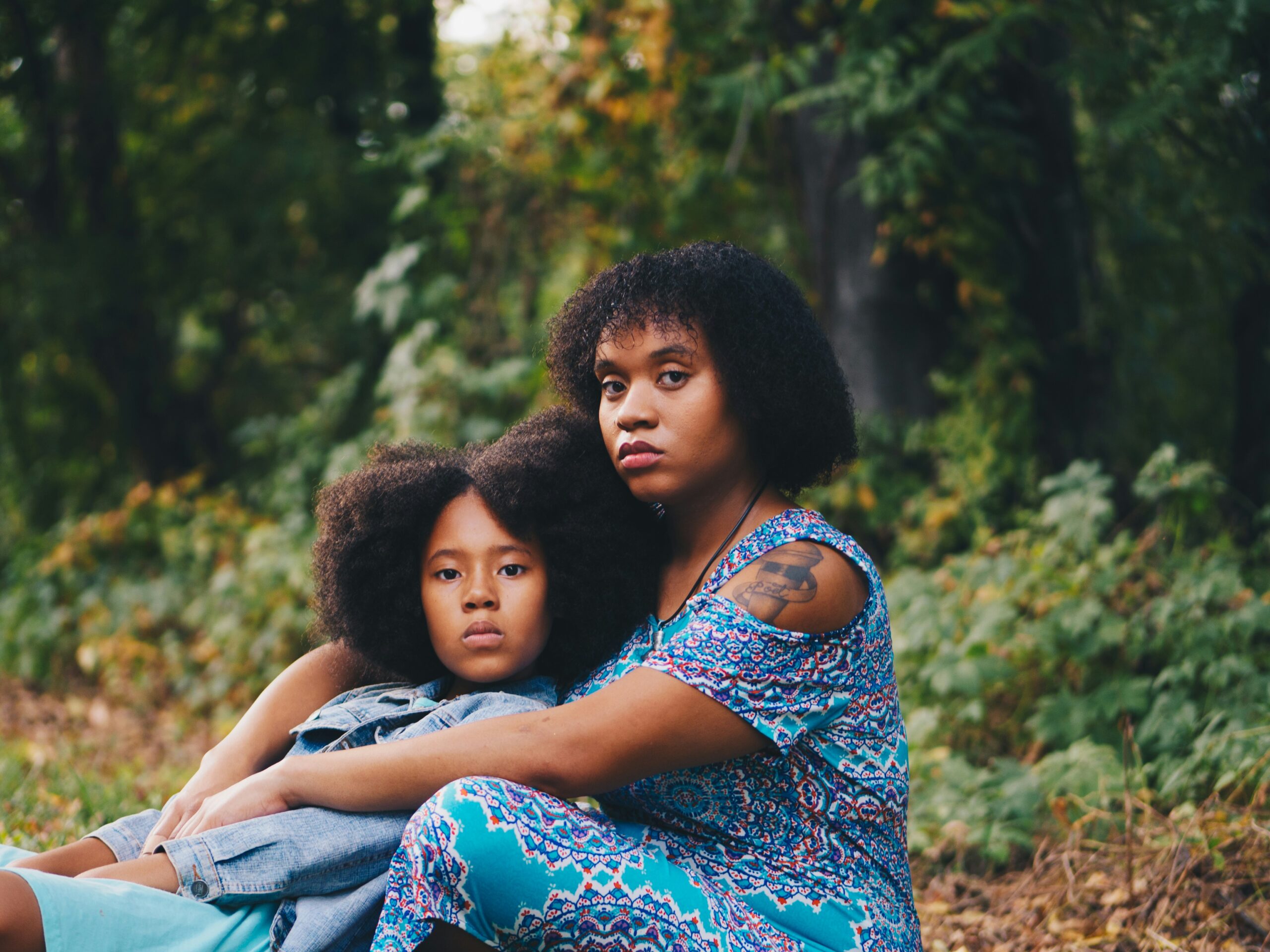Phobias are defined as a persistent, irrational fear of a specific object, activity, or situation that leads to a compelling desire to avoid it. Over 10 million adults in the US suffer from some sort of phobia according to the National Institute of Mental Health. In fact according to this map of common fears by US state from the Huffington Post the most common fear in Texas is the fear of holes or Trypophobia. Specifically this is a phobia based in a fear of irregular patters or clusters of small holes or bumps. Gross!
WHAT CAUSES PHOBIAS?
There is no single cause for all phobias. It’s likely that there is a combination of genetics and situational exposure to blame. It’s possible you had scary or upsetting event involving something that you developed a phobia of. In addition there seems to be common phobias in many people like Ophidiophobia (fear of snakes) that may have an evolutionary component to it.
WHAT OTHER PHOBIAS ARE THERE?
It seems that if you have a fear, someone has found a name with phobia attached to it. A study of 43,000 people published in the journal of Psychological Medicine found some of the most common anxiety striking fears are fears of snakes, heights, storms, flying, water, closed spaces, public speaking, large crowds and blood. Check out this list of Top 100 Phobias to see how common phobias are and if you have something you didn’t know the name of! It gives an exhaustive list of phobias as well as more in depth descriptions of the fear and associated symptoms.
WHAT CAN I DO ABOUT MY PHOBIA?
Maybe you already knew what your phobia was and what it’s called. Maybe you’ve learned what to call that fear that makes you crawl up the walls. Now I’m sure you’re thinking “So what can I do about this?” A LOT! In the field of psychology we’ve made great strides in the treatment of anxiety disorders and phobias. Cognitive Behavior Therapy (CBT) is a proven structured therapy directed at helping clients solve problems and teach techniques to change and improve dysfunctional thinking and actions. Exposure therapy is a type of CBT which focuses on changing your reaction to the object or situation you’re afraid of. Over time you SLOWLY increase your exposure to the fear until the fear decreases or is eliminated. Ideally you should work with a professional trained in CBT with experience in anxiety disorders and you should not try exposure on your own without support. One concern is that you may try to do too much too quickly and reinforce the fear instead of desensitize to it.
HOW LONG WILL IT TAKE FOR ME TO GET BETTER
More good news! Many studies and experts state that depending on the specific phobia you would like to address and the conditions around it many patients complete treatment within 12 sessions! You may be thinking “That sounds like a long time to work on this.” It’s important to consider how much your phobia is interrupting your life or how upsetting it is when you’re faced with your fear. Twelve sessions may sound daunting for some, however if you think about the time you’ve sacrificed trying to manage this fear, those sessions could be the pathway to a calmer and happier life.
Phobias are extremely common in US adults. If you are struggling with a phobia and you feel it is disrupting your life or you just don’t want it hanging over your head contact a professional who treats anxiety. From that first phone call you may be just a few short weeks away from managing your fear and getting your life back. It’s time to get relief.







